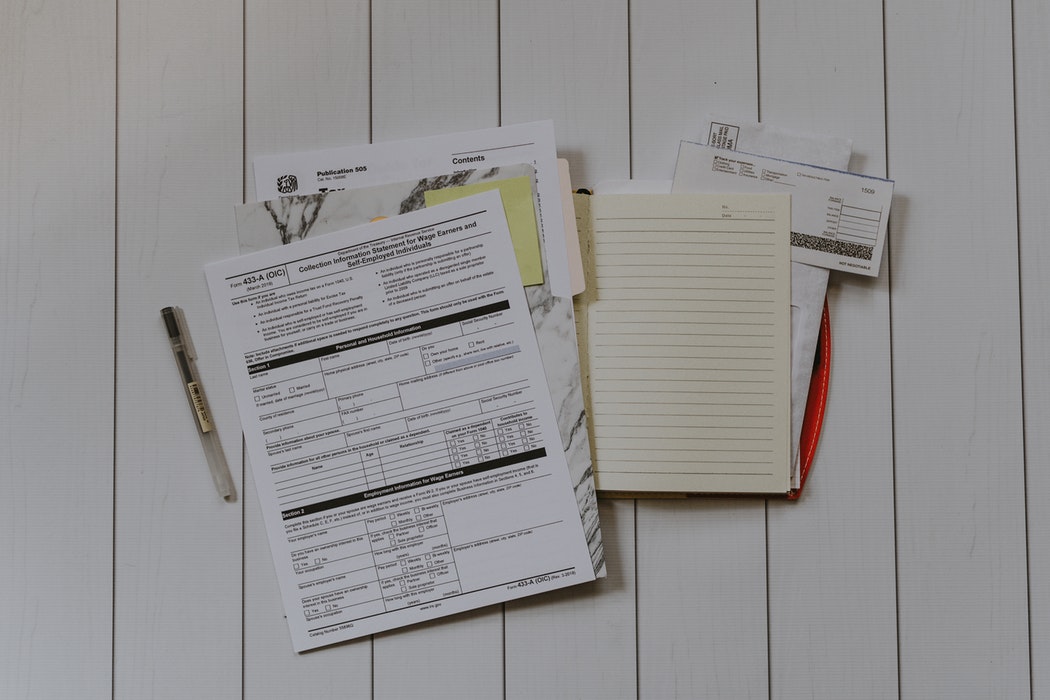If you’re thinking about buying a home, you’ve probably heard, “location, location, location!” on repeat. Finding the perfect city or town is one thing, but you’ll need to take it a step further. The right neighborhood matters more than you think, so before you start your search, we have some tips to help you find the perfect spot!
Do Your Research
Before you start driving through prospective neighborhoods, you’ll want to do some research at home first. Finding the right place to live can be time-consuming, but some quick online searches can help narrow down your options. Many agents also spotlight certain neighborhoods on their website and tend to offer more in-depth guides—as well as more listings and home-buying tips.
After doing your initial research, you’ve probably narrowed your list down to a few neighborhoods. Now it’s time to delve deeper and look at these places by the numbers. It’s worth looking at stats like crime rate, HOA fees, and average property taxes. You might want to start your search with sites like Neighborhood Scout and City-Data—these sites give you localized data on demographics, schools, and more.
Scope Out What’s Around
While the actual neighborhood might seem perfect, what’s around matters a lot, too. Remember, you’re buying more than just a home—you’re finding a new place to thrive. If you’re looking for convenience, a community far-removed from amenities you love might not work. Be sure to take your commute into account, as well as the driving distance to places you go all the time.
School districts also play a big factor in which area you choose, especially for your kids. Even if you don’t have children, home prices in good districts are consistently higher than others, so it’s still something you should take into account. Want the inside scoop? Compare options by looking up which schools serve a community and exploring their ratings on sites like Niche.com.
Take a Stroll
Now it’s time for some field research! Once you’ve picked some neighborhoods that seem like a good fit, go do some exploring—you’ll want to do more than just drive around, though. Get out of the car and take a stroll during different times of the day! This is a fantastic way to meet potential neighbors and see the condition of homes.
You’ll want to ask yourself some crucial questions during each visit. How well do residents maintain their homes? Do you see a lot of people outside, or does everyone seem to keep to themselves? Is there any common space or amenities you’ll want to use? This is the best way to picture yourself living in an area before actually committing to a home.
Narrow Down Your Options
If you don’t have a clear winner in your head after you visit each community, it’s time to down and weigh the pros and cons. You should also evaluate the market—there might not be a home for sale that suits your needs in the neighborhood you love, so consider all of your options.
If you have any other questions, be sure to reach out to a real estate professional. They’ll use their expertise to help you make an informed decision, and can also show you spots you might have missed!
Ready to Find the Neighborhood of Your Dreams?
No matter where you are in your home search, we’d love to help make the process easier. We’ve got you covered, whether you’re still searching for the right community or are ready to look at homes. Give us a call today so we can chat—we can’t wait to be your local experts!



